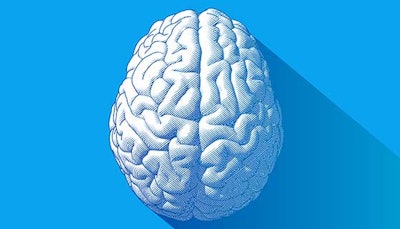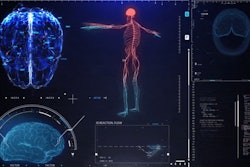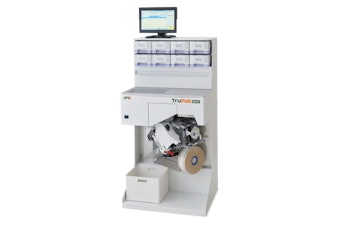According to the World Health Organization, COVID-19 caused a spike in anxiety and depression, and about 25% of people affected didn’t respond well to available treatments.. A recent Neuroscience News article discussed an innovative noninvasive way to treat the symptoms as well as dementia. Back in 2015, it was proven that deep brain stimulation of the prefrontal cortex could alleviate depression symptoms and improve memory function. However, this requires an invasive procedure to implant electrodes, which can lead to infection.
The new method involves noninvasive stimulation of the eyes, specifically the corneal surface. It activates brain pathways and has an antidepressant-like effect that decreases stress hormone levels in animal models for depression. The method also sparked gene expression linked to development and growth of brain cells in the hippocampus. Furthermore, the team showed that the approach could be applied to the treatment of Alzheimer’s disease. Tests on mice showed a drastic improvement in memory and a decrease in beta-amyloid deposits in the hippocampus, a hallmark of the disease.























